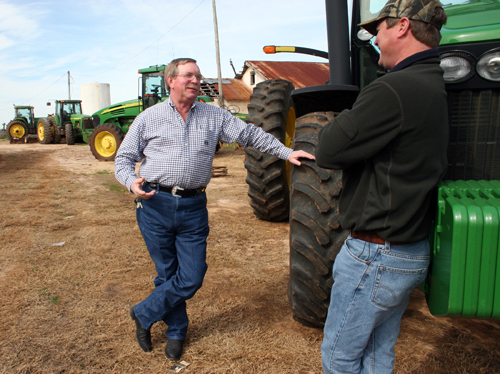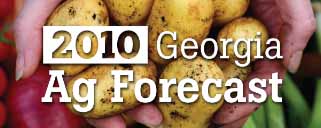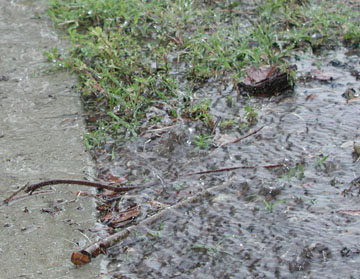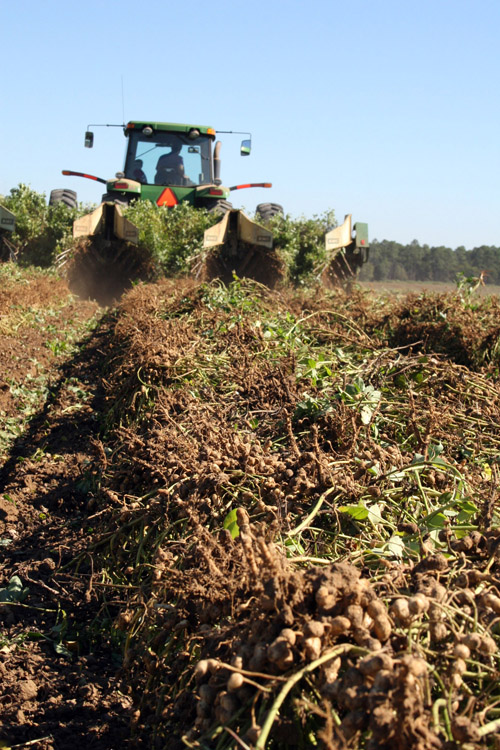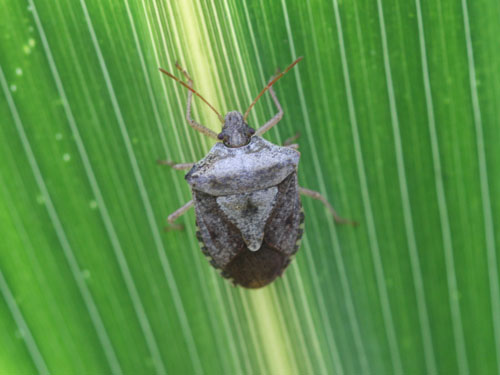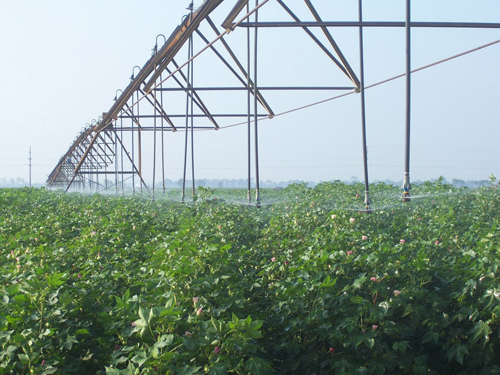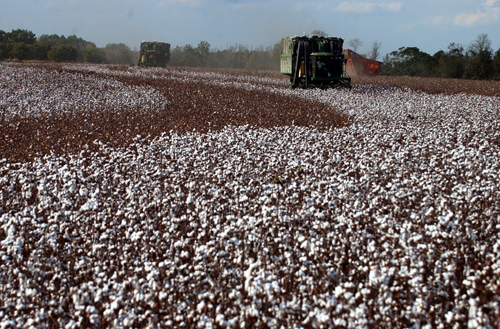 CAES News
CAES News
Crop Update
Georgia farmers plan to plant more cotton and peanuts this year. And timely spring rains have helped get both crops off to a good start. Corn growers, on the other hand, are seeing a reduction in their acreage due in part to that same rainfall.

